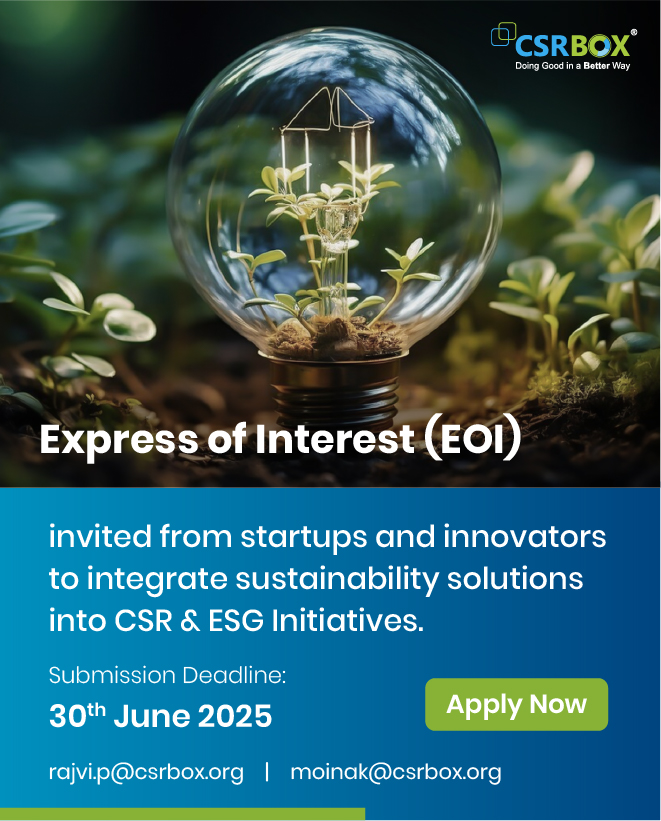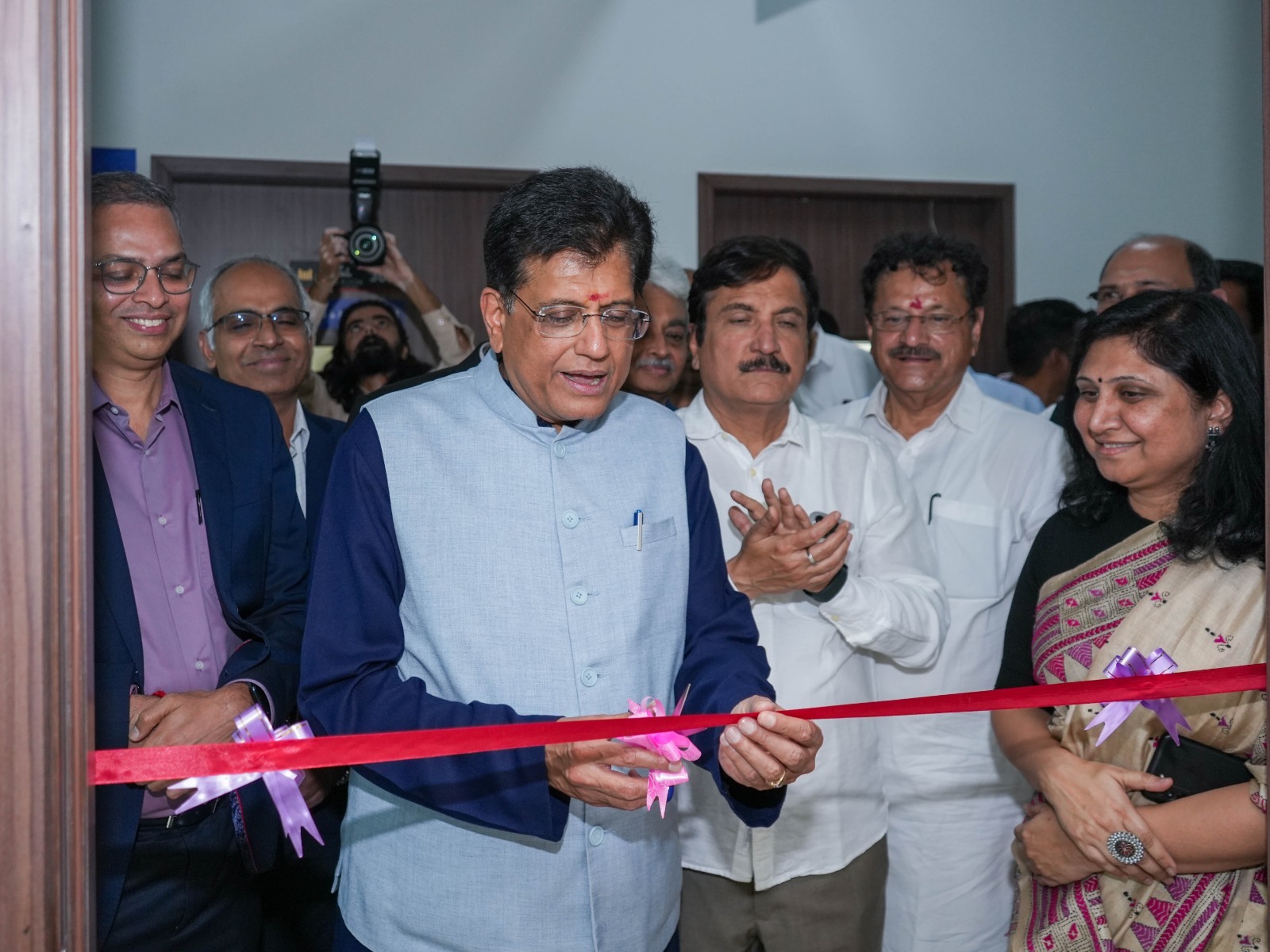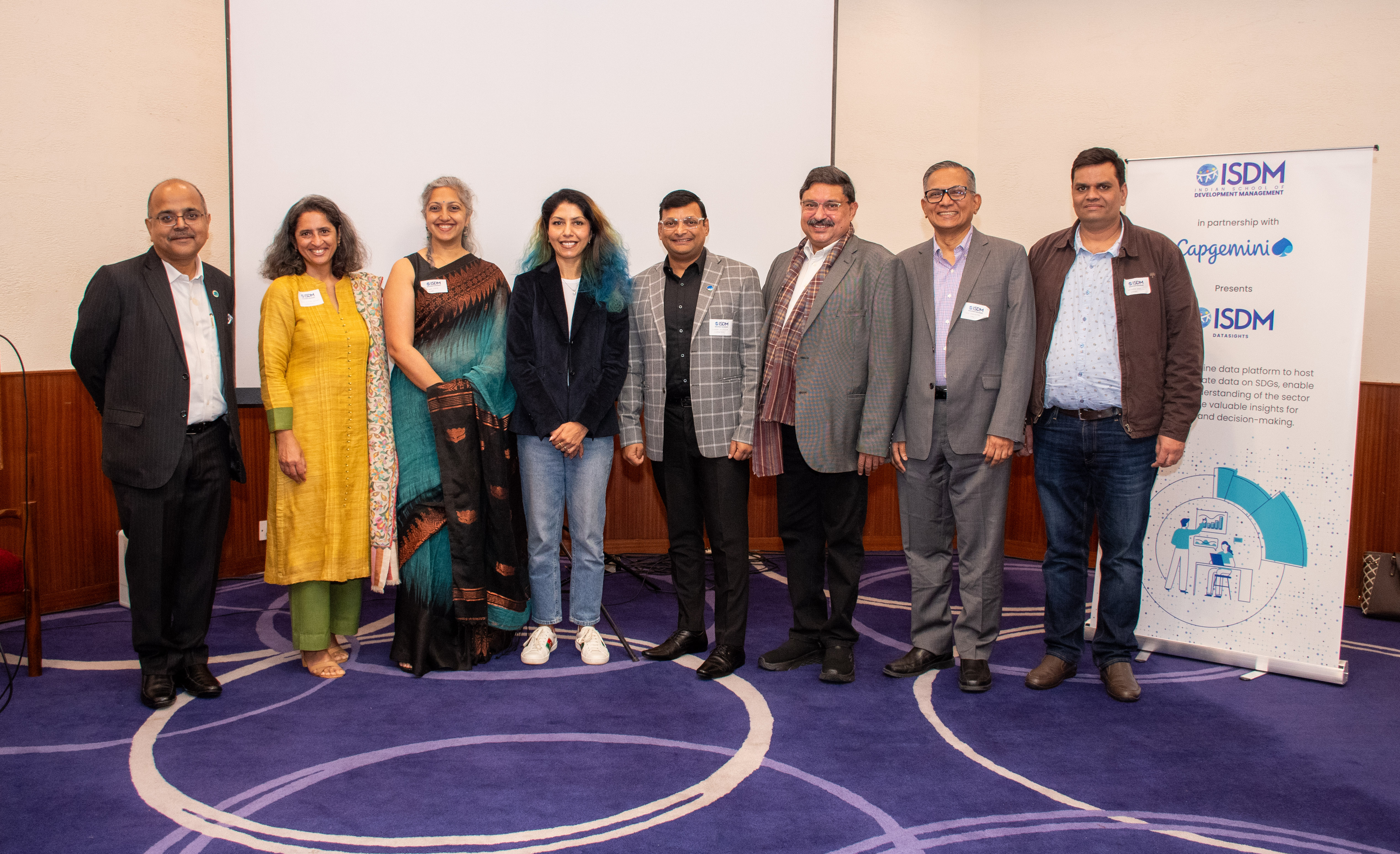Subscribe our Weekly Newsletter
Applications Invited for Improving climate and health policy-making through applied systems thinking

Organization: Alliance for Health Policy and Systems Research (the Alliance)
Apply By: 05 May 2025
Grant Amount: 80000 USD
About the Organization
The Alliance for Health Policy and Systems Research (the Alliance) supports the generation and use of health policy and systems research to strengthen health systems and address social determinants of health to contribute to significant progress in reducing health inequities and achieving major global health targets. As a partnership hosted by the World Health Organization, we:
- Generate new and impactful knowledge with national policy-makers, researchers and communities to address national and subnational health challenges.
- Strengthen national and regional institutions to improve policy and implementation through research and learning.
- Advocate for how health policy and systems research can address global health challenges.
We focus on five major thematic areas that health policy and systems research can make a unique contribution to improving health and health equity:
- reforming health systems and services to achieve universal health coverage through a primary health care approach;
- improving health through digital transformation;
- preventing premature death and disability by tackling the risks and determinants of noncommunicable diseases;
- building health systems resilience and realizing co-benefits in response to the climate crisis;
- applying a systems approach to health emergency preparedness and response.
About the Grant
The Alliance for Health Policy and Systems Research (the Alliance) invites proposals with the objective to apply participatory systems thinking methods to improve national climate and health policy processes. This call seeks to support a total of two research teams across selected countries to apply underused systems thinking methods to enhance national planning and decision-making in climate and health policy processes. The Principal Investigator must be a researcher or policy-maker based at a university, government agency or registered nongovernmental organization (NGO) working on health policy or climate policy research in one of the eligible countries: the Islamic Republic of Iran, Mozambique, Nepal or Uganda. The expected output of this work is an analytic report documenting the process of applying systems thinking to a health and climate policy process (e.g., Vulnerability and Adaptation Assessments (VSAs), Health National Adaptation Plans (H-NAPs), Nationally Determined Contributions (NDCs), long-term emissions and development strategies). The expected outcomes are demonstrable impact of how using applied systems thinking can improve the design of a climate and health policy process.
Background:
Evidence continues to grow detailing how government inaction damages planetary health, undermining human health and development. Several climate and health policy processes (including Vulnerability and Adaptation assessments (VSAs), Health National Adaptation Plans (H-NAPs), Nationally Determined Contributions (NDCs) and Long-term Low Emissions and Development Strategies) exist; however, despite some progress, the health sector is failing to generate sufficient action and often does not engage in these national policy processes.
For example, NDCs are one of the key national climate plans countries have agreed to prepare, implement and update as part of the 2015 Paris Agreement. A 2021 WHO health and climate change global survey report found only 43% of surveyed countries’ ministries of health contributed to their country’s NDC. While many national policy-makers are aware of the climate crisis, there is not always a deep, localized knowledge of what this means for countries’ health systems and how this connects with other sectors (Quintana et all, 2024). Evidence generated at country-level to address climate change often insufficiently reflects the systemic nature of the underlying interacting factors (Kwamie et al., 2024).
Participatory systems thinking methodologies offer transformative potential for bridging this divide. Approaches like soft systems methodology (Checkland and Scholes, 1999), boundary critique (Ulrich and Reynold, 2010), and use of the Cynefin framework can enhance policy coherence by bringing together diverse stakeholders to collaboratively define the problem and build solutions. Unlike systems dynamic modelling approaches that have been more commonly used, participatory systems thinking methodologies remain limited in policy planning, particularly in low-resource settings (El-Jardali et al, 2014; Haynes et al, 2020).
Building on the Alliance's flagship report, Systems thinking for health systems strengthening (2009), and the work of its Systems Thinking Accelerator (SYSTAC) community of practice, this new programme seeks to apply participatory methods to strengthen climate and health policy-making. Building on WHO's climate-resilient health systems framework, this new programme aims to address a critical gap in applied systems thinking identified in recent analyses (Marten et al, 2020; Loffreda et al, 2024).
Objectives:
- Apply systems mapping and analysis Use system thinking and political economy mapping to identify leverage points and policy gaps within national climate processes, understand relevant policy, budget and planning cycles to enable the identification of entry or leverage points for change. Systems methods may include, but are not limited to soft systems methodology, boundary critique, agent-based modelling, viable systems modelling, human-centred design and/or the Cynefin framework.
- Conduct structured participatory workshops Apply systems thinking methodologies, facilitate engagements with policy-makers and sectoral stakeholders to jointly analyse climate and health system interactions and co-develop problem definitions. Plan an initial in-country inception workshop convening health system stakeholders, system thinking experts and other key policy-makers, followed by one to two more workshops over the life of the project. The convenings aim to support participants in collectively identifying a relevant priority policy process where applied systems methods can support and improve efforts.
- Generate targeted knowledge products Teams will produce actionable knowledge products to inform climate-health policy-making. Teams will be required to generate products aimed at decision-makers to help improve policy implementation. These should include policy and technical briefs and presentations in formats suitable for policy- and decisionmakers (e.g., meetings, policy and community dialogues, briefings, infographics, peer-reviewed publications, videos and/or podcasts). Teams will also be encouraged to use digital formats creatively.
- Engage in Alliance learning activities Teams are expected to work closely with the Alliance and WHO to regularly participate in knowledge exchange activities and engage with global, regional, national and subnational stakeholders and other Alliance grantees. Active participation in Alliance-organized events is required, including two virtual crosscountry learning forums (anticipated for May and August 2025). Teams are expected to contribute to a joint synthesis report comparing results across countries and participate in a final inperson workshop in October 2025 to present policy recommendations.
- Demonstrate pathways toward policy impact Develop a workplan, using systems thinking, to Support implementation of the identified priority policy, documenting the workplan development process along the way. Show evidence of either direct contributions to revised policy documents or institutional adoption of systems tools by health/climate ministries.
Deliverables:
Achievement of this project will include the following immediate outputs:
- One analytic report documenting the process of applying systems thinking in the development of the health and climate policy process,
- 1-2 knowledge and communications products from each country team (e. g., published case studies, policy briefs, research article, short videos infographic), and
- Participation in one global convening organized by the Alliance to help share the findings more widely to encourage and inspire replication.
The intended outcome of this work is:
- Contributions towards demonstrable impact on an ongoing policy health and climate policy process.
Funding and period:
Up to two research teams will be funded up to USS 80 OOO each. No additional funding will be provided beyond the project period. Research activities are expected to run for eight months from May 2025 to December 2025.
Eligibility
To be eligible, proposals must demonstrate the following:
- The research team must be based at an institution located in one of the four target countries (Islamic Republic of Iran, Mozambique, Nepal or Uganda), with eligible institutions including universities, government agencies or registered NGOs working on health or climate policy.
- The research team must demonstrate gender balance in senior project leadership and women comprising at least 50% of team members.
- The research team must include at least one policy-maker actively involved in national climate change or health policy processes, particularly in NDC development, H-NAP implementation or climate-resilient health system planning - with continuous engagement.
- The proposed research must apply established systems thinking methodologies such as soft systems methodology, boundary critique, Cynefin framework, agent-based/viable system models and/or human-centred design, clearly explaining how these methods can facilitate the elaboration of national climate and health policy processes.
- The research team must demonstrate capacity for multisectoral engagement, showing plans to involve stakeholders from health, climate and other relevant sectors in the research and policy process.
To be competitive for this award, proposals will be assessed based on:
- The research team's documented experience in applying systems thinking approaches to real-world policy challenges, particularly in low-resource settings.
- The proposal's embeddedness within ongoing national policy discussions and clear pathways for influencing NDC revisions, H-NAP implementation, or other climate and health policy processes.
- The appropriateness of proposed systems tools for the national context, feasibility of implementation, and alignment with priority policy cycles.
- The proposal's potential for strengthening institutional capacity beyond the project period.
How to Apply
Deadline: 5 May 2025, 23:59 CEST.
Submissions should be made using the Alliance’s new online proposal submission form at https://www.ahpsr.org/CHsystems. Submissions will NOT be accepted by email.
However, if there are any questions or technical support required, please contact the Alliance Secretariat on alliacehpsr@wha.int.
For more information please check the Link
Stay in the loop with the newest RFPs and Grants through NGOBOX's WhatsApp Channel. Join now by clicking here!
Latest Online Store
Latest Tenders And EOIs
Latest News
© Renalysis Consultants Pvt Ltd


























